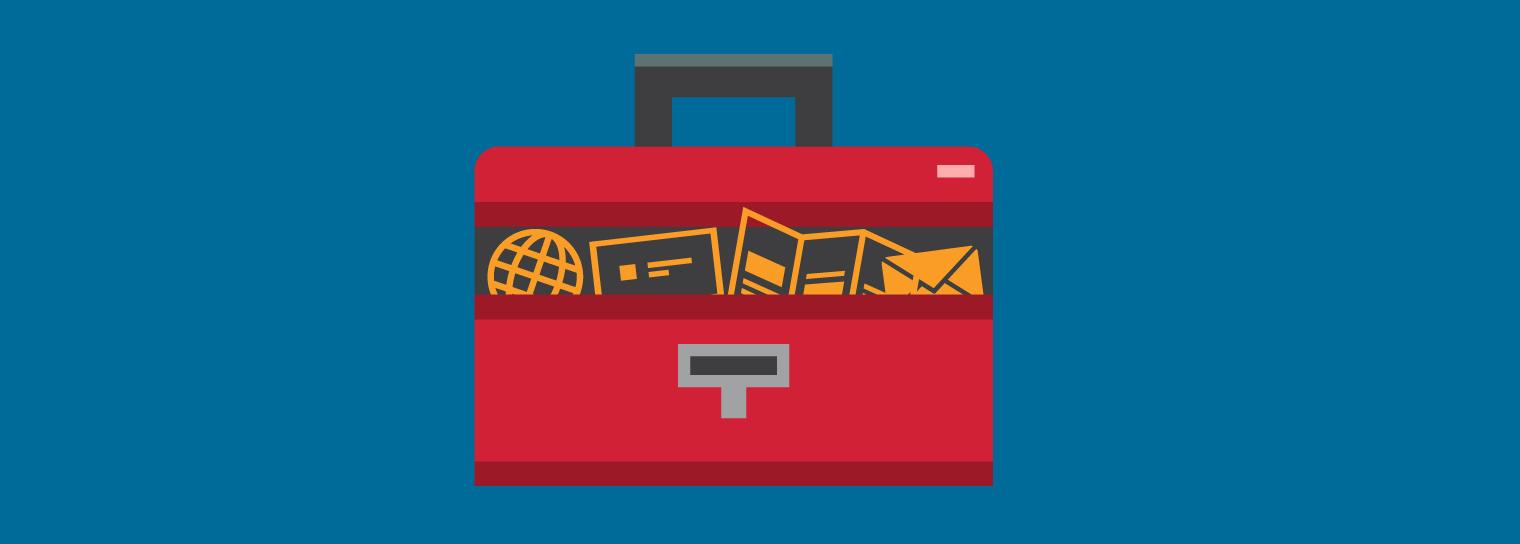You’ve done it! You came up with the right concept, worked really, really hard to get your idea off the ground, and opened your business. Congrats! But! Now you have to make people aware of your business, product, or service, capture leads, convert those leads into paying customers, and keep them happy pretty much all the time.
Not sure where to start? The right marketing materials can help you do all of those things (and more), so we put together this handy list of the top marketing items every small business needs. Think of this list as your starter toolkit that has the basic tools you need to make an impression on a potential new customer, tell them more about your business, and stand out from the crowd.
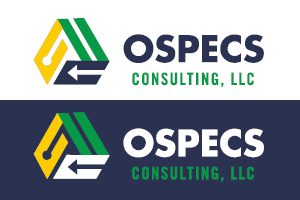 Logo. Your logo often becomes the thing most associated with your brand. It’s also a bit of a shorthand for what your brand is and what it stands for. A well-designed logo should distill your brand to its essence and look good anywhere and everywhere you’ll use it. When designing your logo, a designer should ask questions about your brand, what you’re trying to achieve, and your general likes and dislikes. (Hate yellow? Your designer should know that!) You and your designer should also discuss where you plan to use your logo now and in the future. There’s nothing more frustrating than designing a horizontal logo and realizing that you need to use it in vertical placements as well.
Logo. Your logo often becomes the thing most associated with your brand. It’s also a bit of a shorthand for what your brand is and what it stands for. A well-designed logo should distill your brand to its essence and look good anywhere and everywhere you’ll use it. When designing your logo, a designer should ask questions about your brand, what you’re trying to achieve, and your general likes and dislikes. (Hate yellow? Your designer should know that!) You and your designer should also discuss where you plan to use your logo now and in the future. There’s nothing more frustrating than designing a horizontal logo and realizing that you need to use it in vertical placements as well.
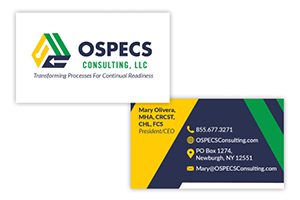 Business Cards. We know what you’re thinking: do business cards still matter? The short answer is yes. Business cards are the easiest way to get your contact information into someone else’s hand, and like your website (see below), makes your business “official.” Your business card should have more than your phone number, no matter your business. It should include your name, title, address (if applicable), your email address, and your website. It should also include your above mentioned logo. After all, it’s more than just a calling card for you, it’s an extension of your brand.
Business Cards. We know what you’re thinking: do business cards still matter? The short answer is yes. Business cards are the easiest way to get your contact information into someone else’s hand, and like your website (see below), makes your business “official.” Your business card should have more than your phone number, no matter your business. It should include your name, title, address (if applicable), your email address, and your website. It should also include your above mentioned logo. After all, it’s more than just a calling card for you, it’s an extension of your brand.
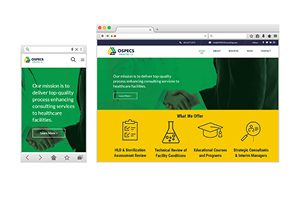 Website. It should go without saying: a website legitimizes your business and builds trust in the eyes of consumers. A website also gives consumers the information they need to learn more about your business, gives you a platform to share your story on your terms, and provides a way to build trust when you can’t have face-to-face conversations with them. Most important, your website can turn views into customers. Bottom line? A well-designed, well-written, and search engine optimized website should never, ever be overlooked when launching your business.
Website. It should go without saying: a website legitimizes your business and builds trust in the eyes of consumers. A website also gives consumers the information they need to learn more about your business, gives you a platform to share your story on your terms, and provides a way to build trust when you can’t have face-to-face conversations with them. Most important, your website can turn views into customers. Bottom line? A well-designed, well-written, and search engine optimized website should never, ever be overlooked when launching your business.
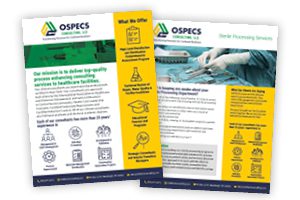 Brochures: Like business cards, a well-designed brochure is a great way to leave something of you and your business behind after you’ve told someone about your services or products. Brochures are also perfect for trade shows or events, and other small business owners may be willing to support your business by placing your brochures in their offices or stores. Think of your brochure as a website you can hold in your hands: it’s the tangible place to tell your story on your terms, tout your services, and introduce a customer to your brand.
Brochures: Like business cards, a well-designed brochure is a great way to leave something of you and your business behind after you’ve told someone about your services or products. Brochures are also perfect for trade shows or events, and other small business owners may be willing to support your business by placing your brochures in their offices or stores. Think of your brochure as a website you can hold in your hands: it’s the tangible place to tell your story on your terms, tout your services, and introduce a customer to your brand.
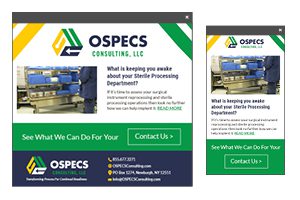 Email Campaigns: Once you capture your leads and build your email list of current and potential customers you’ll get to reach out to them as often and as directly and you like. A well-designed and thoughtful email newsletter or campaign can encourage customers to interact with your brand, remind them that you’re there for them, and promote a new product, promotion, or service. (Note that we don’t recommend sending emails more than once a week, and that’s only if you have something very important to say!) Importantly, your email campaigns will likely be the biggest source of click-through, or customers heading to your site, and purchase (conversion).
Email Campaigns: Once you capture your leads and build your email list of current and potential customers you’ll get to reach out to them as often and as directly and you like. A well-designed and thoughtful email newsletter or campaign can encourage customers to interact with your brand, remind them that you’re there for them, and promote a new product, promotion, or service. (Note that we don’t recommend sending emails more than once a week, and that’s only if you have something very important to say!) Importantly, your email campaigns will likely be the biggest source of click-through, or customers heading to your site, and purchase (conversion).
These marketing items are the perfect starter kit for a small business looking to make a splash, and the right designer can ensure that all elements–design, copy, or otherwise–travel seamlessly from one medium to another.

